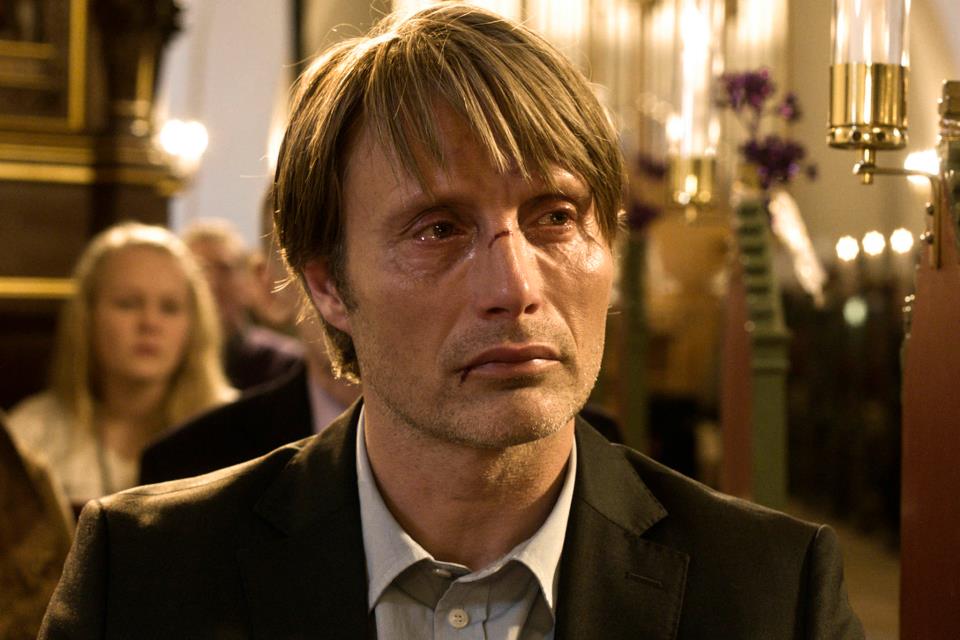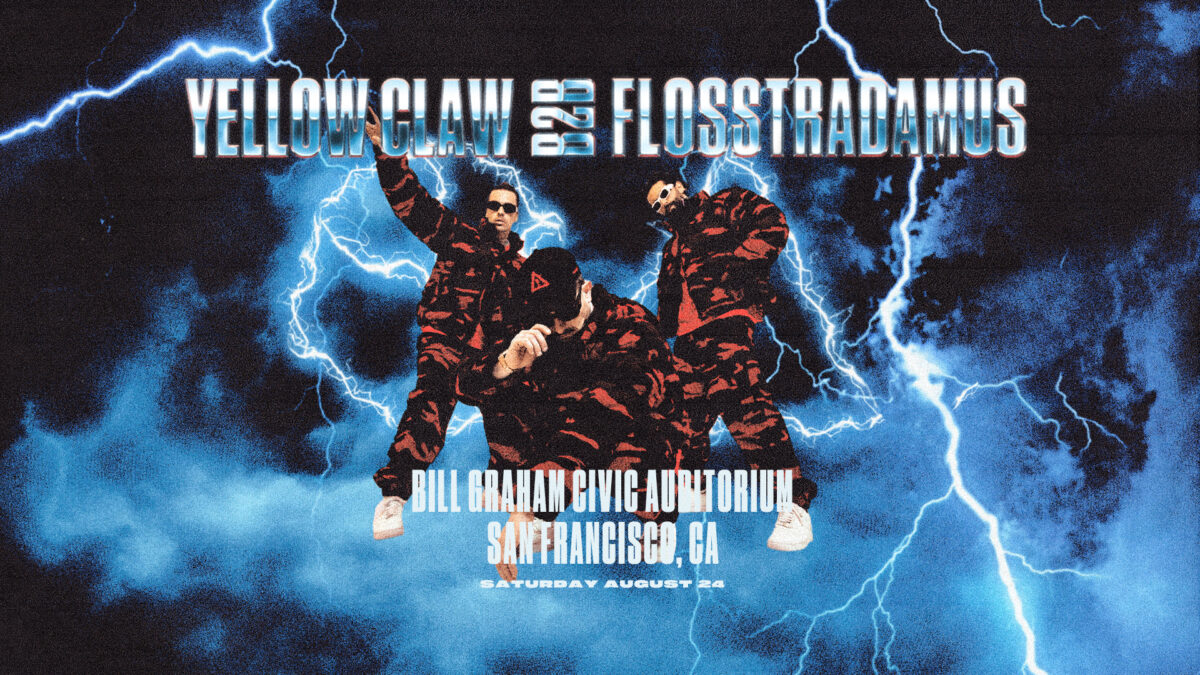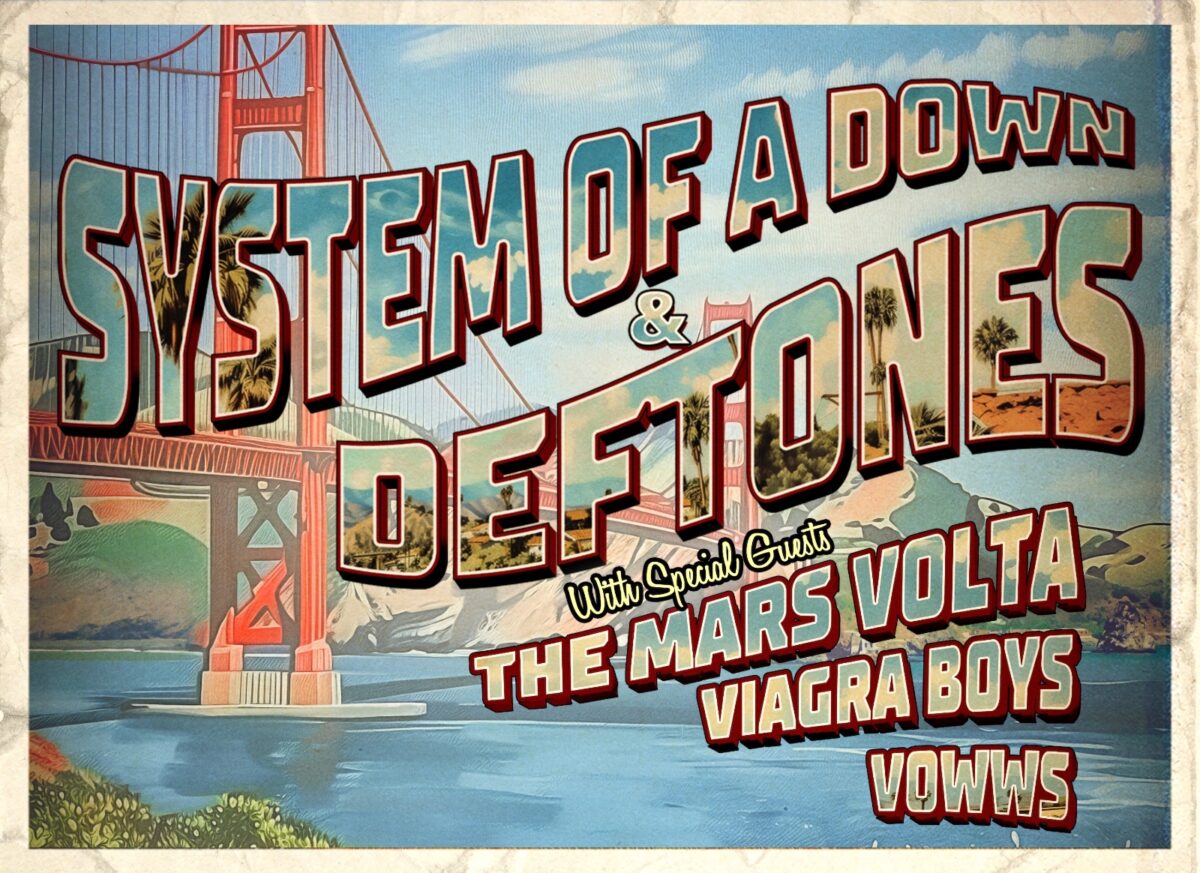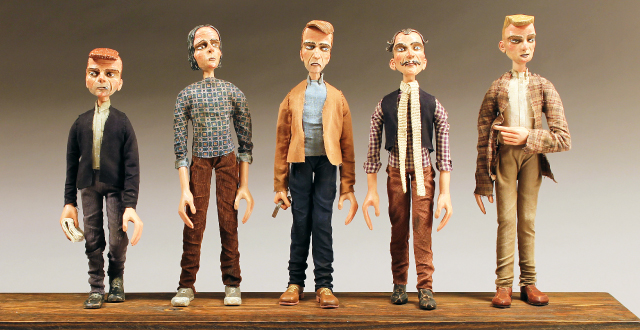Review: Mads Mikkelsen Can’t Escape ‘The Hunt’

Thomas Vinterberg’s major claim to fame is his 1998 film The Celebration, which was the first feature of the Dogme 95 film movement, popularized by him and other Danish filmmakers like Lars Von Trier. The basic concept was to get, well, back to basics in filmmaking. They shunned everything from unnatural lighting to overdubbing music during editing — pretty much anything that wasn’t considered pure and in the moment of shooting. However, he’s had trouble living up to the international acclaim that film was given and has struggled to break out again ever since. It seems as if the dry spell is finally over and he’s not only made his best film to date but one of the best films of the year.
The film’s star Mads Mkkkelsen, another Dane, may be best known to American audiences as Le Chifre in Casino Royale, or now as Hannibal in the eponymous TV show, but he’s long been a popular face in Denmark. And despite his rising fame in the States, he hasn’t turned his back on his origins, as evidenced by his continuous partnership with Nicolas Winding Refn (Drive) and last year’s A Royal Affair. But it’s The Hunt which rightfully earned him the Best Actor Award at the 2012 Cannes Film Festival.
Mikkelsen embodies Lucas, a high school teacher who is forced to take up a job at a kindergarten after his school is closed down. He’s also struggling through a volatile relationship with his ex-wife, and attempting to reignite a normal relationship with his son Marcus (Lasse Fogelstrøm) who lives primarily with his ex. Yet he seems to enjoy his new job, even if its status and salary are a step down, and is making a go of forging a new life for himself. That is, until one of the students, Klara (Annika Wedderkopp), who is also the daughter of his best friend Theo (Thomas Bo Larsen), makes a rather strange remark about him to the Principal, Grethe (Susse Wold). Unable to shake the possibly innocuous yet slightly unnerving comment, she reluctantly looks into it and all hell breaks loose.
From the beginning it’s understood that Lucas is innocent of the suspicions brought upon him. But because the situation is dealing with very small children, who “never lie” as Grethe and other parents point out, he’s assumed guilty before he’s even aware of what’s happening. Although the film is set in Denmark which has a much different legal system — it’s been noted that Lucas never consults a lawyer, something that an innocent man would immediately do in America, but which is seen as shameful there — the power of persuasion will resonate with everyone from all parts of the world. What it comes down to is that despite any lack of real evidence Lucas becomes an outcast in the community. Not only do his friends break off ties, he’s even banned from the local grocery store.
What Vinterberg really explores is the moral grey area the issue creates. For most, Lucas’ blatant innocence is an infuriating frustration that boils the blood. But it’s also about parents protecting their kids. When Theo is presented with the accusations his daughter allegedly admitted, he’s immediately stuck between a rock and a hard place. He can’t ignore what he’s told his daughter has said but he also can’t fathom that his best friend would do such a thing. But, ultimately, he has to choose. Not because he believes he has to but because his wife, other parents, and the community at large force him to do so.
To say it’s a powerful film is just scratching the surface. Mikkelsen gives a performance that transcends the question of his innocence or guilt. For many, it will seem that he doesn’t fight hard enough to convince everyone of his innocence but he doesn’t see the need for fighting — he is innocent. Mikkelsen transforms from an integral part of a community to a broken man who’s only real enemy is a little girl who made a mistake. It will surely go under the radar in America, so make sure to see it. A film of this caliber doesn’t come around often.
Rating: 5 out of 5







